Incubate, Replicate and Scale: How Dallas is Creating Great High School Options
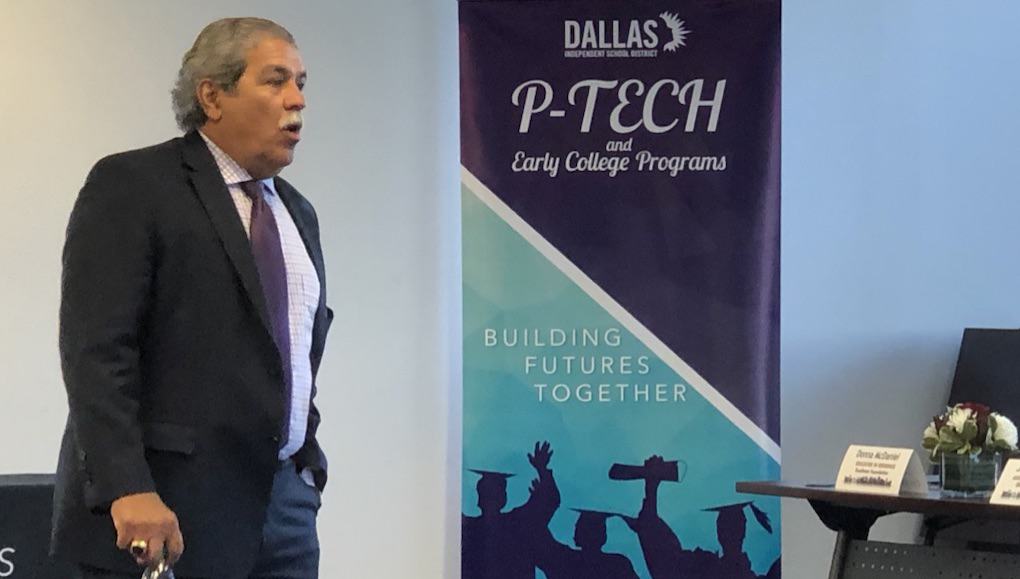
In his tenth year as superintendent in his hometown, Dr. Michael Hinojosa and his leadership team have made an impressive and inspiring commitment to improving their neighborhood schools, in particular, their choice options in their High Schools. In Dallas ISD (@dallasschools) 90% of the students are economically disadvantaged and 75% of students have parents who did not complete high school. After sharing this and more of the numbers behind the why of their district transformation, Dr. Hinojosa captured their work best when he said, “test scores should not define your future,” but students and families need more choice and if “students don’t have transportation, they don’t have a choice.” You can learn more about Dr. Hinojosa’s work by listening to our podcast with him on making Dallas schools work.
The district leadership team has worked to create choices for all learners, but new district-wide choices (with transportation) and a focus on school transformation, come at a cost. For three years, no one in the district received a raise, and they decided to take over transportation for their district. While being the “blue city in a purple county in a red state,” the Dallas community approved a tax increase of $120 million annually, with House Bill 3 providing more funding support from the state. [Backstory on HB3: Business Leadership for Education Scores Texas-Size Win For Kids ].
The District’s commitment to choice includes 18 P-Tech options with 9 Early College High Schools (@dallas_ptech_ECHS). P-techs are a partnership between high schools, colleges, and industry partners. The P-Tech industry partners offer workplace experience, mentorship and priority interviewing. In order to make much of this an equitable reality, the district provided a workplace coordinator at every school, as well as taking over the transportation to provide access to these choices.
Typically a P-Tech provides a route to an associate degree when graduating from high school, where students can then pursue another two years to receive a bachelor’s degree. Instead of the six-year approach of most P-Tech pathways, Dallas is focused on capturing students while in high school and to complete in four years.
The Dallas County Region also has a strong web of support for college completion through Dallas County Promise (@DallasCoPromise), which covers the cost of tuition at any of the seven community colleges for up to three years or the completion of an associate degree. The mission of the organization to make a positive impact on career readiness and the economic health of the greater Dallas metro. Dallas County Promise is also working hard on developing an app, powered by blockchain that will support student agency and ownership over their data and learning records. We’re excited to share more about that when it launches this winter.
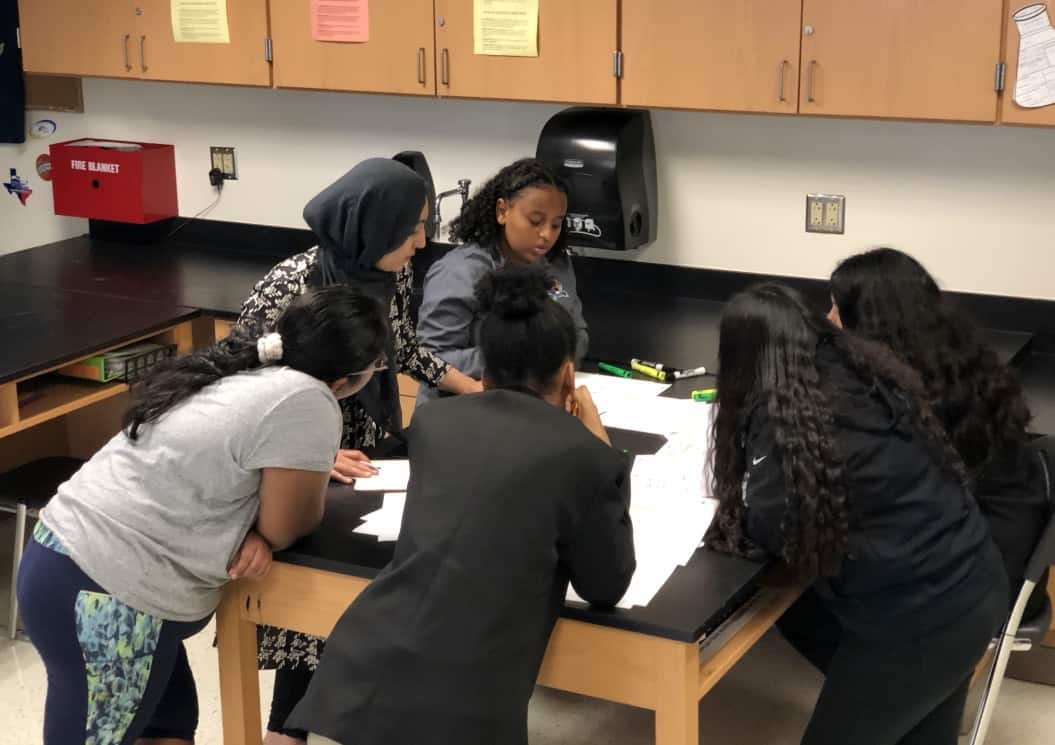
Early College at Conrad
One of Dallas’ P-tech options is Dr. Emmett J Conrad Global Collegiate Academy (@EmmettJConrad). The Principal, Mr. Temesghen Asmeran has supported learners and teachers to get them to earning the highest on track to graduate percentage in the district at over 80%. The school is open enrollment for at-risk scholars and currently has over 50 dialects spoken.
Conrad has four P-Tech pathways in health, gaming, network administration, and software programming and partner with nearby Richland College. During the student’s freshman and sophomore year, college professors from Richland come to Conrad to teach, then during the junior and senior years, students begin to spend more time at the college. Seniors are often spending five days a week there and earning 24 credits.
They have an extensive academic intervention system that involves progress monitoring, intervention support, positive reinforcement, and proactive programs, such as AVID. Over 80% of students are expected to graduate with an associate degree. Conrad students shared they were drawn to the pre-college experience and although they “might be sacrificing a typical high school life, in the end,” they agreed at the end they will “get a better life”. The school leadership team and teachers shared that in terms of recruitment, they are more interested in the will and drive of learners, over their test scores.
Dallas ISD is committed to the IRS (Incubate, Replicate and Scale) approach and this incubator approach has started innovative school models that support the DISD mission to provide every student with a “best-fit” school. While meeting the needs and interests of their diverse learners, DISD has a commitment to making neighborhood schools a strong choice. This focus includes a commitment to middle school redesign and early learning support.
Schools that have made it through the incubator process, receive strong support from the personalized learning department, led by the director, Kristin Watkins (@k10watkins). An example of the support they provide can be found in the open resource, Personalized Learning Toolbox. This resource also shares the vetting process for schools and resources.
Small School for Budding Entrepreneurs
Known as a personalized learning and transformation high school in Dallas ISD, the Innovation, Design, Entrepreneurship Academy (IDEA) (@IDEA_at_Fannin), strives to provide a personalized education for every student. Students are supported in the content that is appropriately rigorous and challenging for their needs, interests, and skillsets. Principal, Kim Hicks (@PrincipalHicks), supports teachers by starting with where they are comfortable and building in supports.
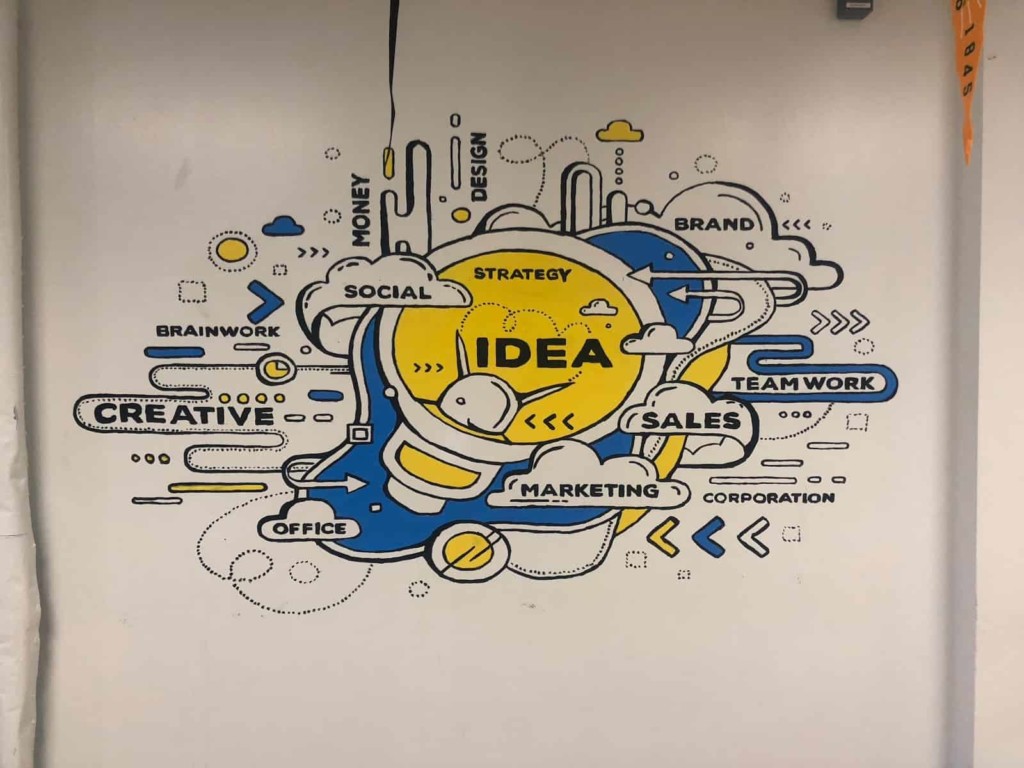 IDEA has a strong commitment to learning through internships and mentorship. Starting in tenth grade, students are supported and advised in looking into the community to find their interest in choosing an internship. They have advisory every morning and every student receives AVID training. There are no sports but instead, IDEA offers student-run clubs for academics and interest on Fridays. It was evident throughout the building that IDEA operates as a community or a family, more than a school. In fact, there are regular “family meetings” or restorative practice circles that are student-led and support learners in developing conflict resolution skills.
IDEA has a strong commitment to learning through internships and mentorship. Starting in tenth grade, students are supported and advised in looking into the community to find their interest in choosing an internship. They have advisory every morning and every student receives AVID training. There are no sports but instead, IDEA offers student-run clubs for academics and interest on Fridays. It was evident throughout the building that IDEA operates as a community or a family, more than a school. In fact, there are regular “family meetings” or restorative practice circles that are student-led and support learners in developing conflict resolution skills.
While at IDEA, we experienced one of our favorite student panels to date. They all shared that the school treats them like a family and makes them feel welcome. They readily express an appreciation for working at their pace and for having personalized options as well as flexible space in the school for learning. One student shared, “Personalized learning is working at your own pace, in a way you can be successful.”
Fore more. see
- Business Leadership for Education Scores Texas-Size Win For Kids
- Boosting Career Readiness in Dallas
- How Blockchain is Helping Dallas Students Tell Their Story
Stay in-the-know with innovations in learning by signing up for the weekly Smart Update.
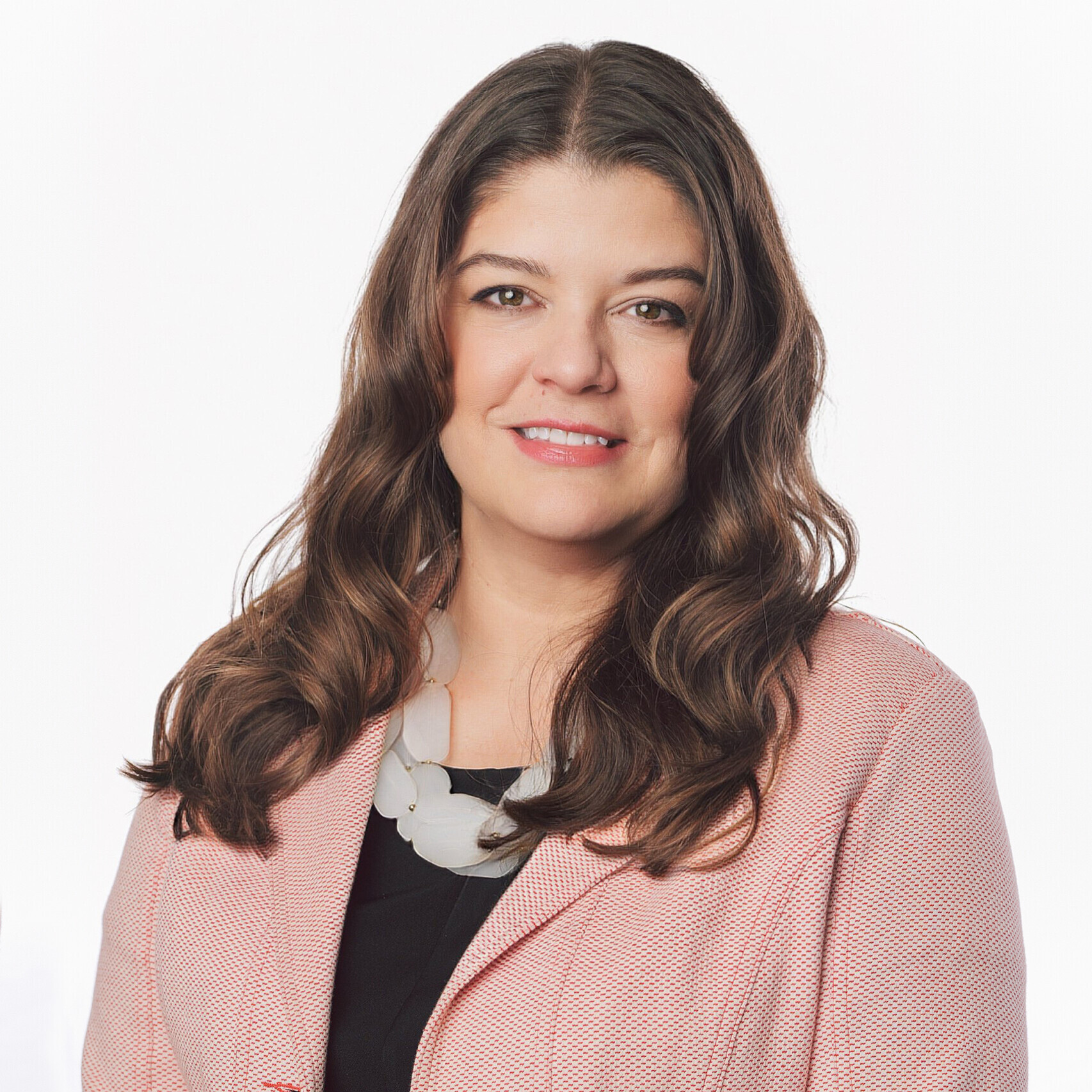



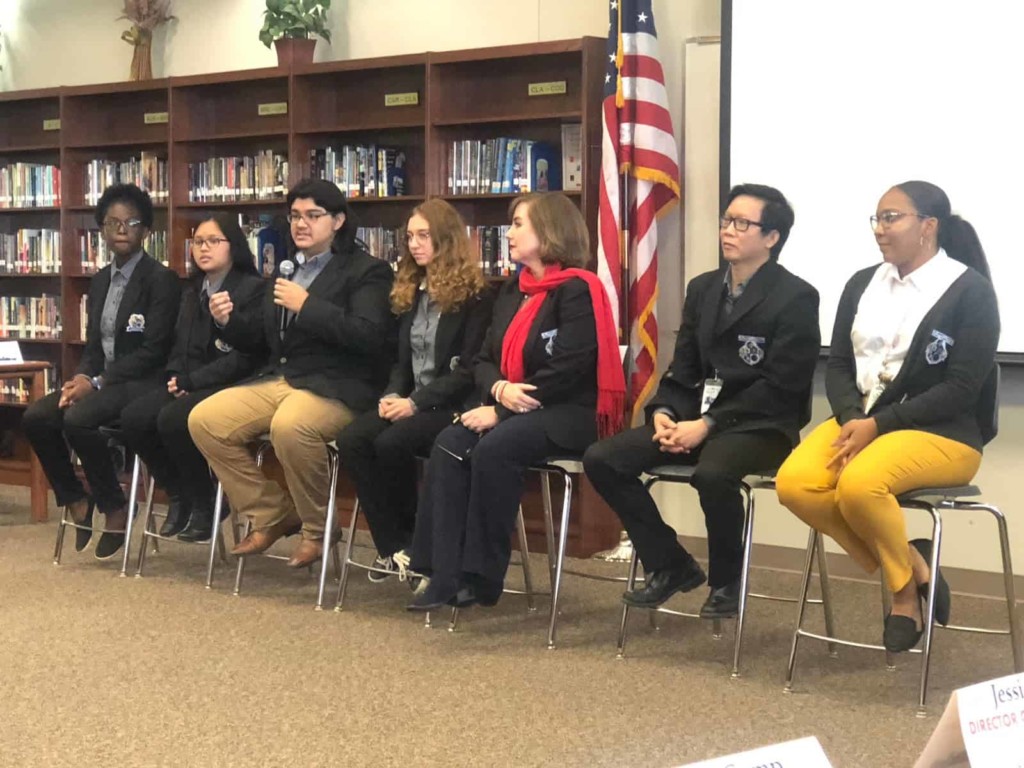

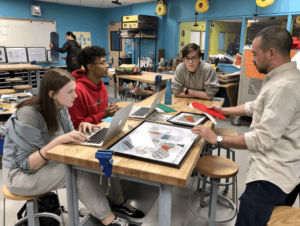


0 Comments
Leave a Comment
Your email address will not be published. All fields are required.